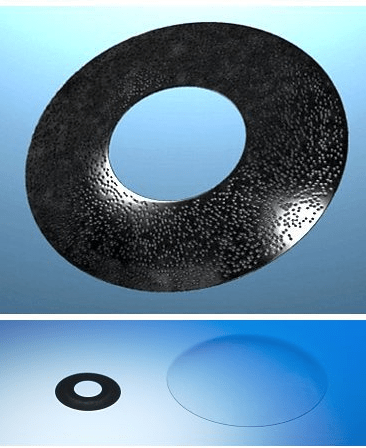Dr. Evans Testifies about Contrast Sensitivity at Kamra FDA Panel Hearing

The Kamra Inlay from Acufocus was recently approved by the FDA. (The device has already been in wide use in more than 20 countries.) The FDA panel meeting to evaluate the clinical trial results was held June 2014 in Gaithersburg, VA. Vector Vision founder Dr. David Evans was invited to testify as an expert about contrast sensitivity (CS) and the results for the Kamra inlay over the course of the five-year study. Several panel members took interest in the monocular distance CS results of the Kamra lens and directed questions to Dr. Evans. He explained that while monocular results are important, the real focus of the CS results for evaluating presbyopia correction should be the binocular results, because in the real world patients use binocular vision. If binocular vision is minimally affected by a procedure patients are typically not impacted for real-world activities.
Currently, all presbyopia correction technologies provide a trade-off between distance vision and near vision. Even monovision, (the most popular presbyopia correction technique) under corrects the vision in one eye by more than a diopter, which significantly reduces the monocular distance CS in that eye. Dr. Evans pointed out that the there was no clinically significant reduction in binocular contrast sensitivity under either photopic or mesopic conditions for the Kamra inlay. He further explained that, compared to monovision CS results, Kamra offered similar binocular CS and (actually) better monocular CS, on average. Other experts testified as to the substantial improvements in near vision provided by the Kamra inlay, and the safety of the insert technique and reversibility of the procedure. The FDA ultimately approved the Kamra inlay in April 2015. These results show the importance of testing both monocular and binocular CS data in presbyopia-related clinical trials.

